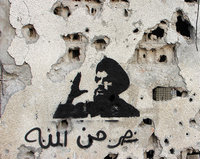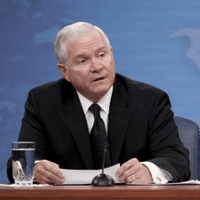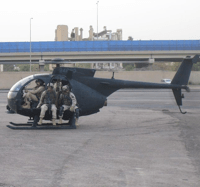
With oil prices nearing $120 a barrel and Libyan exports shut down, all eyes were on the 12 members of the Organization of Petroleum Exporting Countries (OPEC) during their meeting in Vienna earlier this month. The International Energy Agency (IEA) had strongly urged OPEC, which produces 40 percent of the world’s oil and holds much of the spare capacity, to raise production output to stem rocketing oil prices and prevent a potential double-dip recession. That did not happen. In what Saudi Oil Minister Ali al-Naimi labeled one of the worst meetings he had attended, the proposal by Saudi Arabia, Kuwait, […]









